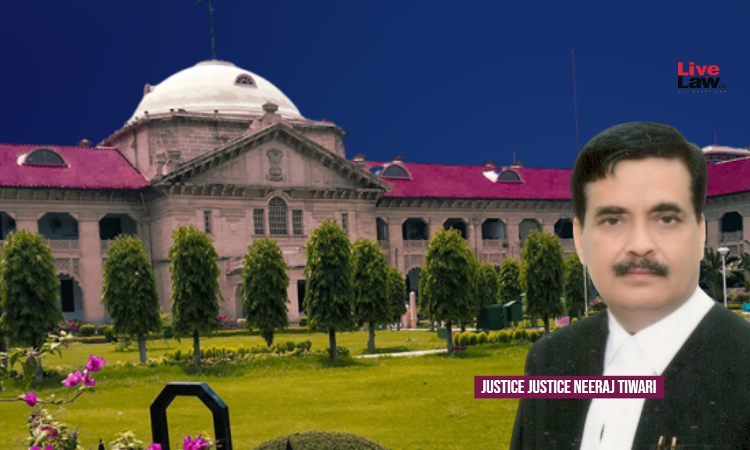Objection U/S 47 CPC Cannot Be Raised In Proceedings For Execution Of Arbitral Award: Allahabad High Court Reiterates
Upasna Agrawal
11 Sept 2023 12:36 PM IST

Next Story
11 Sept 2023 12:36 PM IST
The Allahabad High Court has recently dismissed a petition under Article 227 of the Constitution of India against the rejection of objection under Section 47 of CPC at the stage of execution of arbitral award.A bench comprising of Justice Neeraj Tiwari reiterated that arbitral award is not a decree under Section 2(2) of CPC, therefore, an objection filed under Section 47 of CPC in...
